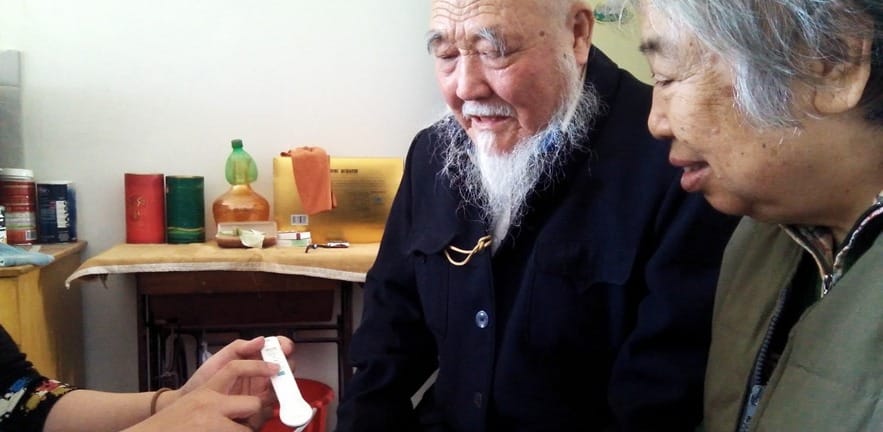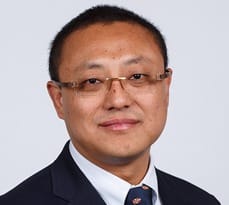Venture launched by EMBA participant Andrew Tan at Cambridge Judge helps Chinese adults find gifts online for elderly parents and grandparents to show gratitude for childcare.

China is a country with strong family ties, a robust gifting culture and a fast-aging population. It also has a growing middle class of Internet-savvy but time-poor adults who need help in finding gifts for their elderly parents and grandparents – often to show their gratitude for helping with childcare while the adults go to work.
“I don’t know what my parents really need as they seldom directly speak out on what they are really interested in,” says Chuan Wang, a 42-year-old chief technology officer at an international software company in Beijing, whose mother helps with care for his five year-old child.
People like Chuan are the target market for a startup venture called 51msh.com, an online marketplace for products and services aimed at senior citizens in China that has so far attracted more than $2 million in investment funding. The site offers personal and household gifts, and also includes services such as help in meeting seniors’ nutritional needs.
The origins of the company’s name: In Chinese, “51” has a similar pronunciation as “I want,” while “MSH” is the capital-letter abbreviation for a Chinese word that connotes taking it easy to enjoy life.

The website was started by Andrew Tan, an Executive MBA student at Cambridge Judge Business School who hails from Beijing. He was supported by his EMBA classmates, who helped Andrew research the idea as their Team Consulting Project – an integral and distinctive part of the Cambridge EMBA programme that involves working on live ventures all over the world.
Ying Yang, Chuan Wang’s 67-year-old mother, said: “Chuan found this cupping set (widely used in China for massage therapy) on the website and asked my opinion, and it took me less than two seconds to say ‘yes.’ I have been longing for that for such a long time, but I don’t know where I could get it.”
Kitty Qi, an investor in 51msh now living in Japan, says that while China is ageing rapidly there are only a limited number of Chinese companies focusing on senior services, and they tend to be fragmented. “There is a need to inform the people of available products and services in order to assist the transition of China from aging to aged society,” and 51msh can help fulfill this role, she says.
The broad range of nationalities and work backgrounds on the Cambridge EMBA programme proved to be a great advantage, says Andrew, who took the website live in autumn 2014, initially serving Beijing and its surrounding region.
“There are students from more than 30 countries on the EMBA,” he says. “In all, we have 10 people in the Team Consulting Project – five on each team – and they have very different experiences. They include people from management, finance, medical, consumer and marketing backgrounds. They could gather resources from their own countries, which would help to find solutions for China when we came back together.”
After conducting exhaustive desk-bound research on how different cultures provide for senior citizens, both teams travelled out to China. Their field research included going into homes with older people and speaking to family members.
Angela Single, a member of the group that was researching services, says: “The families we went to had really interesting situations where you had three generations of the family living together. Often it was the matriarch, the grandmother of the family, who was looking after the single child so the parents could go out and earn money. We found that the adult children were desperate to find products and services that they could give back to their elders to show their love.”

